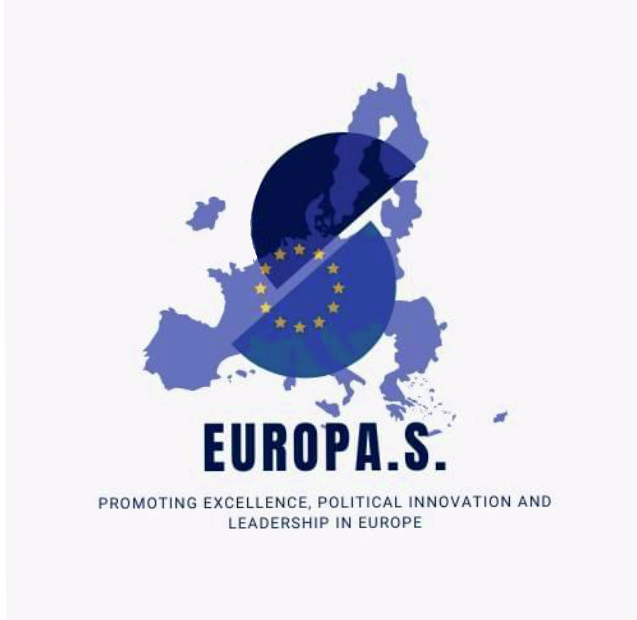Study Guides of 2018′ Conference
EUropa.S. 2018 Study Guides are available below each Institution’ topic reference.
European Council: “Enhancing the internal and external nexus of the EU’s Common Security and Defence policy; the initiative of the European Defense Action Plan.”
EC Study Guide is available here.
Council of EU – ECOFIN: “Establishing a system of resilience for the complete implementation of the Digital Single Market under the scope of common taxation policy and social benefits.”
CoEU Study Guide is available here.
European Parliament
AFET Committee: “Reconciliation between the EU and Turkey under the light of the recent military violations.”
AFET Study Guide is available here.
DROI Committee: “The impact of terrorism on the protection of human rights; arising challenges under the EU legal framework.”
DROI Study Guide is available here.
INTA Committee: “Digital Single Market: How can the EU continue to remove barriers and encourage free movement of goods and services in the era of electronic commerce?”
INTA Study Guide is available here.
ITRE Committee: “EU Industry Policy: Green Growth Opportunities based on Circular Economy.”
ITRE Study Guide is available here.
European Court of Justice: Case review
We are going to deal with an application of article 258 TFEU, in its typical form “Commission against a Member State” Hence, If the Commission considers that a Member State has failed to fulfill an obligation under the Treaties, it shall deliver a reasoned opinion on the matter after giving the State concerned the opportunity to submit its observations. If the State concerned does not comply with the opinion within the period laid down by the Commission, the latter may bring the matter before the Court of Justice of the European Union.
The case is divided into three claims:
- a) A procedural one (upon admissibility, in the form of objections)
- b) A substantial one with regards to primary law (ΤFEU)
- c) Also substantial one with regards to primary law (EUCFR)
Considering claim a: The two issues arising will be: an objection, referring to the lapse of a long period, in which the Commission did not submit its observations, and another objection, referring to the non-reciprocity principle.
Considering claim b: We have to examine whether Article 18 TFEU and Article 21 TFEU must be interpreted as meaning that, for the purposes of applying an extradition agreement concluded between a Member State (Latvia) and a third State (Morocco), nationals of another Member State (Spain) must benefit from the rule which prohibits the extradition by the first Member State of its own nationals. The main question here is whether, due to the absence of an international agreement between the European Union and the third country concerned, the rules of extradition are applicable within the competence of each Member- State. If not, can an individual enjoy the same privileges as a person from another member state, based on their citizenship of the European Union?
Considering claim c: In this claim, we have to examine whether there has been a violation of article 9 (and subsequently of article 4) of the European Union’s Charter of Fundamental Rights, regarding the protection in the event of removal, expulsion or extradition. In this case, the Latvian Penal Code states that ‘A citizen of Latvia may not be extradited to a foreign country, except in the cases that by the extradition the basic human rights specified in the Constitution are not violated.’ Therefore, the question here is if the Member State may simply check that the requesting State is a party to the European Convention for the Protection of Human Rights and Fundamental Freedoms and whether its common practice complies with the signing of the Convention.
ECJ Study Guide is available here.
Find your position in EUropa.S. 2018 and apply now!
